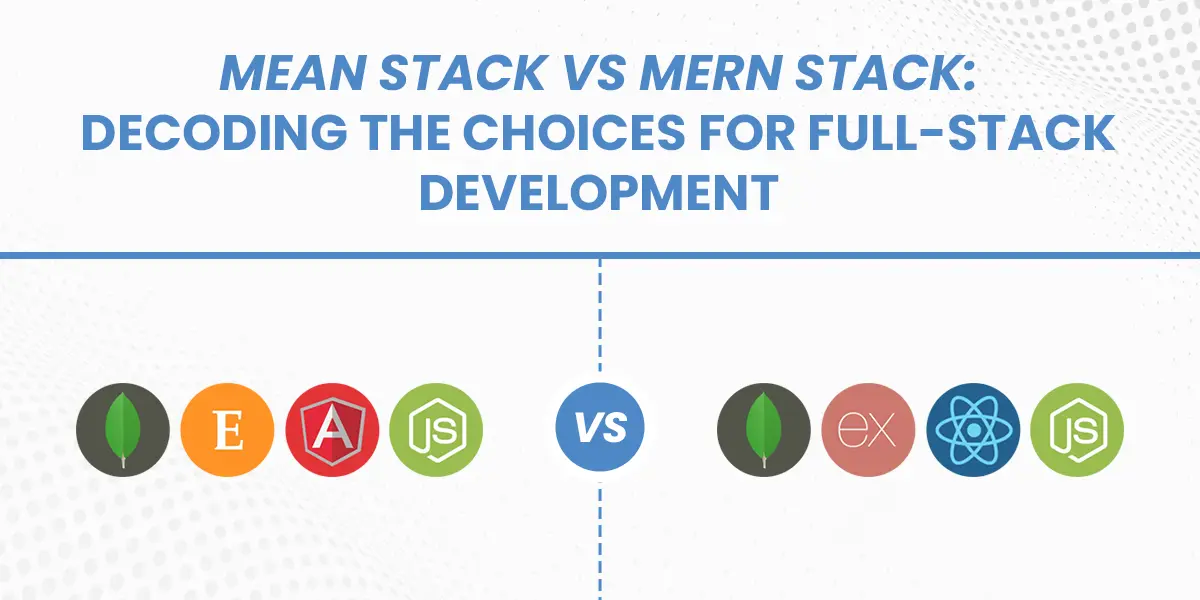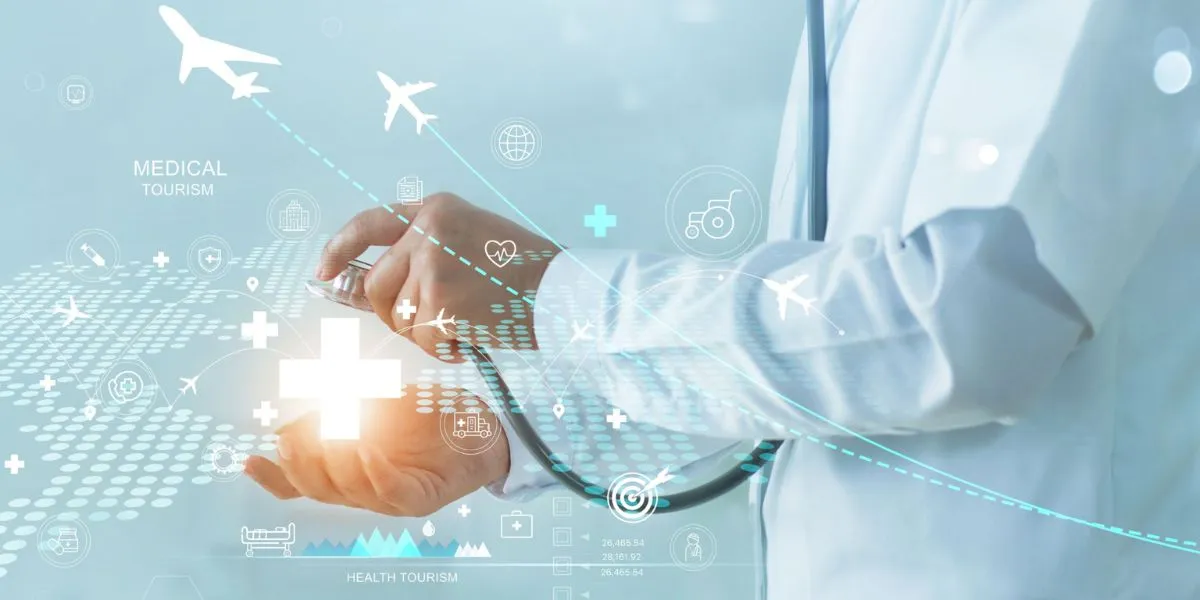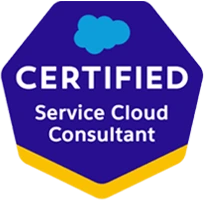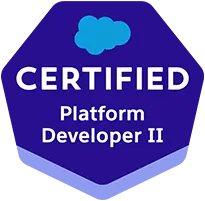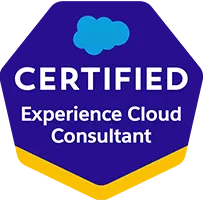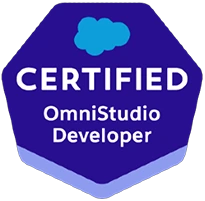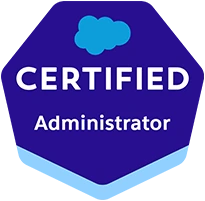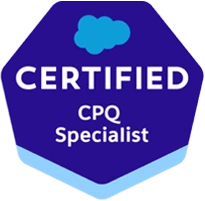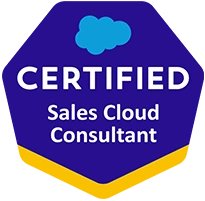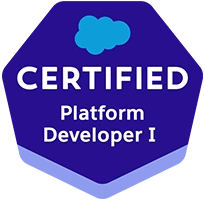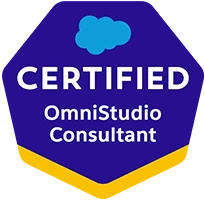Transforming Patient Medical Care with Healthcare Technology Solutions
Overview – Healthcare Technology Solutions
The Formation of healthcare is growing rapidly, driven by advancements in technology that are reforming the way we approach medical care and patient services. We will examine the cutting-edge medical technology solutions that are improving patient satisfaction and the standard of care in this extensive guide. These developments, which include electronic health records and telemedicine, are ushering in a new era in healthcare. Come along as we delve deeply into this life-changing experience.
The emergence of innovative healthcare industry solutions is driving a rapid shift in healthcare technology. With the help of these innovations, healthcare providers can give more effective and efficient care, completely changing the way patients receive it.
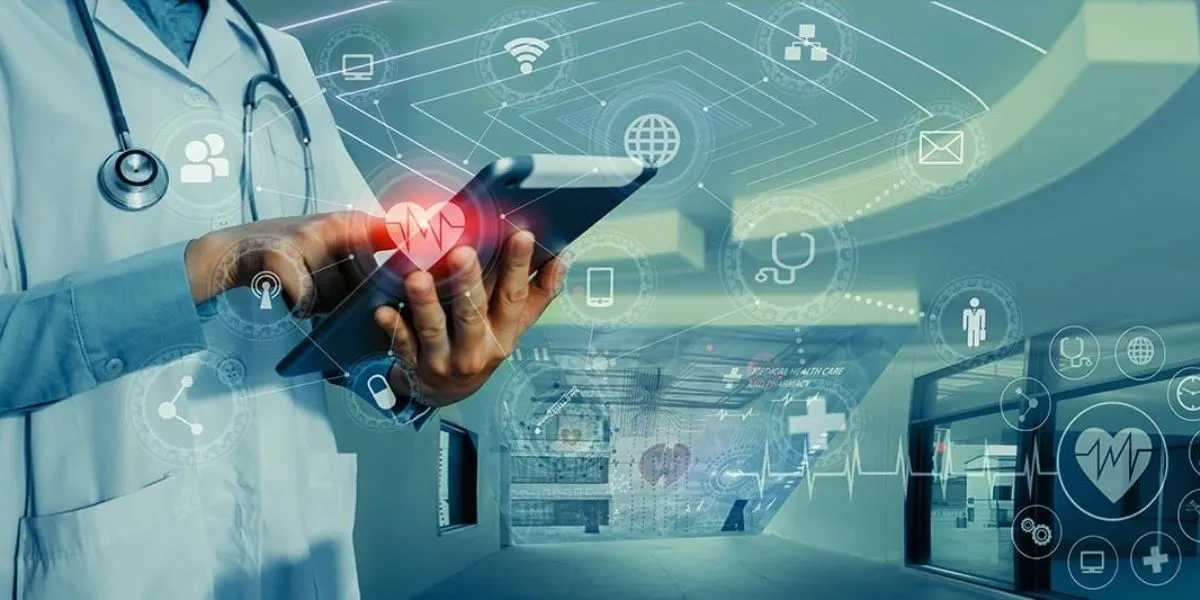
Healthcare Technology Solutions’ Effects
Let’s examine more closely how digital solutions are significantly influencing patient services and medical care as the healthcare landscape continues to evolve.
Telemedicine: Filling in the Misses
Patients’ access to medical care has been completely transformed by the advent of telemedicine. Healthcare is now more easily available and easy because of the ability of healthcare practitioners to provide prompt advice and treatment alternatives through virtual consultations.
Digital Health Records (EHR): Optimizing Information
The necessity for laborious paper records has been replaced by electronic health records. Healthcare professionals can rapidly access patient data thanks to EHR technology, which improves diagnosis and treatment planning accuracy.
IoT in Medical: A Novel Prospect
Real-time patient health monitoring is now possible thanks to the Internet of Things (IoT) making its way into the healthcare industry. IoT is revolutionizing patient services by supplying continuous data for better healthcare decisions, from wearables to smart medical equipment.
Artificial Mind: Tailored Assistance
Large volumes of medical data can be analyzed by artificial intelligence algorithms, enabling the development of individualized treatment programs. Patients will receive care that is precisely tailored to meet their individual needs thanks to this customized approach.
We at Deligence Technologies are aware of how patients and healthcare professionals’ requirements are changing. To provide a seamless transition and the greatest possible benefits, our team of professionals works directly with healthcare organizations to build customized technology solutions that meet their unique needs.
Current Challenges and Difficulties in Patient Care
Even with the advances in medical technology, patients continue to encounter several obstacles when trying to obtain and manage their care. Among these difficulties are:
- Little access to care: Many patients do not have access to basic healthcare services, particularly those who live in distant places or have little financial resources.
- Ineffective care coordination: Disjointed healthcare systems can result in inadequate coordination and communication between providers, which causes treatment delays and needless expenses.
- Insufficient patient involvement: When patients are not actively involved in their healthcare decisions, treatment adherence is lowered and results are not at their best.
- Data silos: It can be challenging for physicians to obtain essential information since medical records are frequently dispersed throughout several systems and organizations.
How Innovations in Healthcare Technology are Revolutionizing Patient Care
These issues are being addressed by healthcare technology solutions, which increase healthcare’s patient-centeredness, efficiency, and accessibility. Here are a few of the main methods:
- Telehealth and telemedicine: By using digital platforms like video conferencing, these technologies enable patients to get care from a distance. Patients who live in rural places or have limited mobility may find that access to care is much improved in this way.
- Patient portals: These web-based tools let patients make appointments, get their medical records, get in touch with their doctors, and get prescription refills. Patients are better able to take charge of their health and efficiently manage their care as a result.
- Wearable technology and sensors: These gadgets gather health-related data in real-time from patients, including blood pressure, heart rate, and glucose levels. By using this data, treatment regimens may be customized, possible health hazards can be identified, and chronic illnesses can be monitored.
- Electronic health records (EHRs): EHRs are online databases that securely and easily hold patient medical records. This facilitates information sharing between providers and enables them to provide more coordinated treatment.
- Big data and analytics: To spot patterns, anticipate illness outbreaks, and create more potent treatment plans, healthcare institutions are utilizing big data and analytics more and more. This data-driven strategy can greatly raise healthcare’s effectiveness and quality.
- Artificial intelligence (AI) and machine learning: These two fields are being utilized to create intelligent systems that can anticipate patient outcomes, identify illnesses, and even offer tailored medical recommendations. The delivery of healthcare could be completely transformed by these technologies.
The Most Recommended “Cure O Tour App” is a revolutionary Medical Tourism Web Application that has taken the concept of medical tourism to the next level. Cure O Tour is an innovative Medical Tourism Web Application that addresses the needs and concerns of individuals seeking medical treatment abroad.
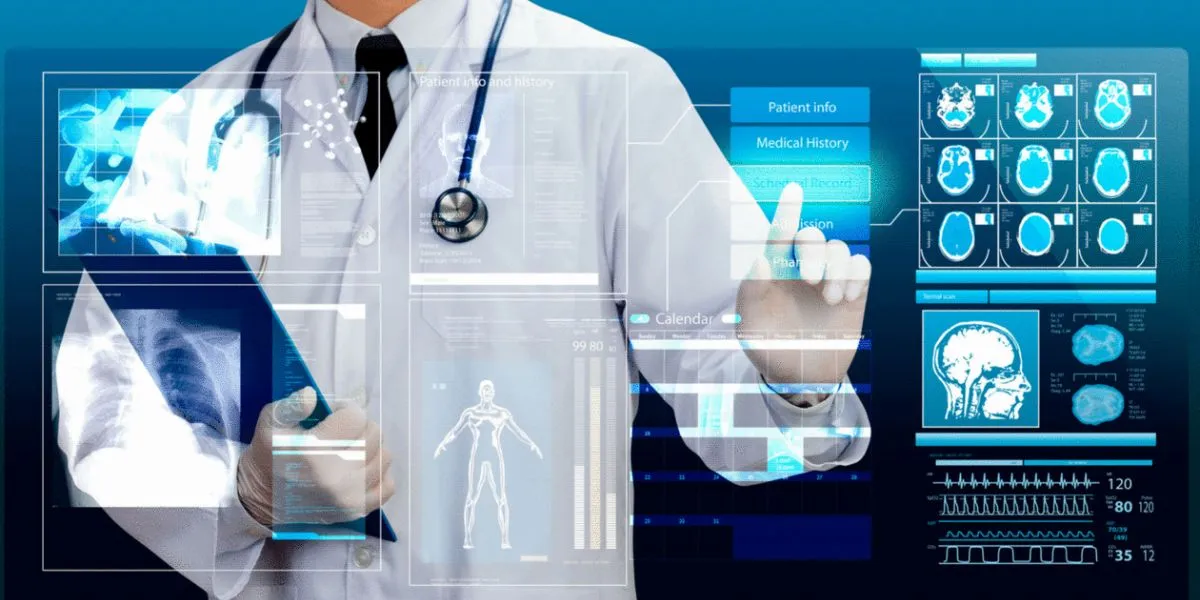
Healthcare Technology Solutions’ Advantages
Numerous advantages are provided by healthcare technology solutions to patients, providers, and healthcare systems overall. Among these advantages are:
- Better access to care: Medical technology solutions can assist in closing the access gap, especially for underprivileged groups and those residing in rural locations.
- Improved care coordination: More coordinated and effective care delivery can result from improved provider-to-provider communication and data exchange.
- Better patient engagement: When patients are equipped with knowledge and resources, they can take a more active role in their care, which can improve results.
- Lower healthcare costs: By enhancing resource efficiency and lowering administrative expenses, healthcare IT solutions can help healthcare systems save money overall.
- Better patient outcomes and higher-quality care can be attained through tailored treatment plans and data-driven insights.
Obstacles and Considerations:
Healthcare technology solutions have a lot of promise, but there are obstacles to be overcome and things to think about.
- Data security and privacy: When putting healthcare technology solutions into practice, it’s imperative to guarantee patient data protection and privacy. There must be strong data protection procedures and security safeguards in place.
- Interoperability: To guarantee the best possible patient care, various healthcare IT solutions should be able to easily exchange data and communicate with one another.
- Digital divide: Some patients lack access to technology or the knowledge of digital literacy required to make use of medical technologies. To guarantee equitable access to care, this digital divide needs to be addressed.
- Cost and affordability: Healthcare IT solutions can be expensive to implement and maintain. Cost-benefit analysis and meticulous planning are crucial.
- Ethical issues: The application of artificial intelligence (AI) and other cutting-edge technologies in healthcare presents ethical issues that require serious examination.
In summary
Patient care is changing quickly because of advancements in healthcare technology. These innovations could improve patient-centeredness, efficiency, and accessibility in healthcare. Healthcare organizations can use healthcare technology solutions to raise the standard of care for every patient by addressing the issues and concerns.
As we conclude our survey of healthcare technology solutions, it’s evident that these innovations are pivotal in reshaping medical care and patient services. The healthcare industry is on a transformative journey, and technology is its guiding star. Embracing these advancements will not only improve the quality of medical care but also enhance the overall patient experience.
